This entire mechanism is the creation of Paul Atanga Nji, Minister of Territorial Administration and one of the regime’s most loyal operatives. He has a long history of designing institutions that look democratic on the outside but are fully controlled from within. The “National Observers” initiative is just another example of this.
By The Independentist editorial desk
As Cameroon prepares for its next electoral masquerade, the regime is once again working to tighten its grip on every aspect of the process. ELECAM, the body that claims to be an independent election organizer, has quietly created a new department called “National Observers.”
On paper, this looks like a step toward transparency and credibility. In reality, it is a strategic response to the anticipated negative reports from foreign observers, who have repeatedly exposed electoral fraud, intimidation, and manipulation during previous elections. The new structure allows the regime to control not just the voting, but also the narrative.
This entire mechanism is the creation of Paul Atanga Nji, Minister of Territorial Administration and one of the regime’s most loyal operatives. He has a long history of designing institutions that look democratic on the outside but are fully controlled from within. The “National Observers” initiative is just another example of this.
The regime chose a name that sounds noble — Global Conscience International — to give the impression of neutrality. But a closer look at the people involved tells a different story. These “observers” are largely made up of CPDM party loyalists, vigilante group members, security operatives, and individuals connected to the ruling establishment, handpicked to project an image of balance that does not exist.
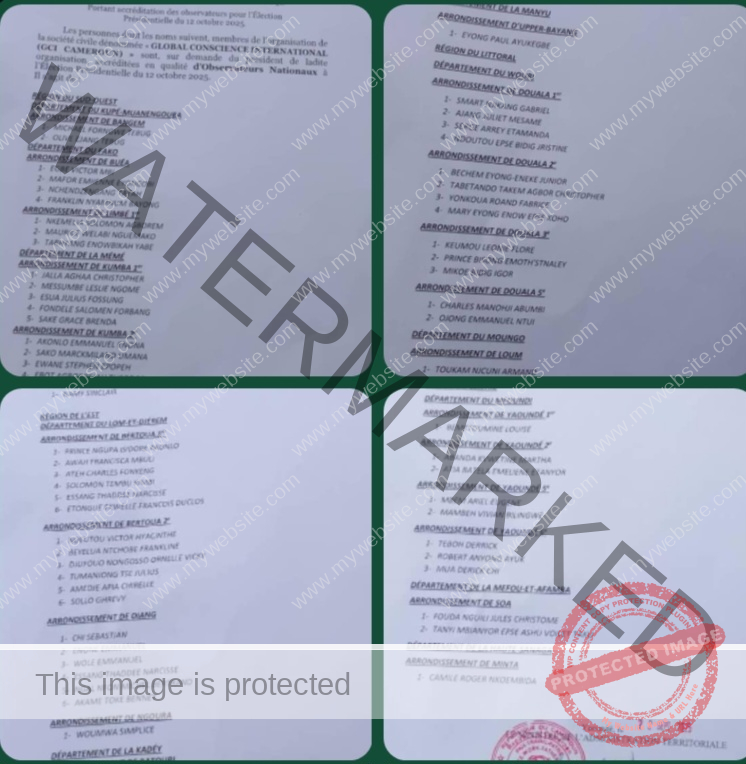
For example, in Bangem (Kupe Muanenguba County), the designated observers are Michael Forngwe Tebug and Olive Ejang Tebug, a couple who are very likely CPDM militants. In Fako County, the list includes Egbe Victor Mbi, Mafor Emillienne Eyonggobi, Franklin Nyamnum Bayong, and Nchendzengang Tatah, all well-known for their ties to the ruling party. And in Meme County, the assigned observers are Jalla Aghaa Christopher, Messumbe Leslie Ngome, Esua Julius Fossung, Fondelle Salomen Forbang, and Sake Grace Brenda.
Across the country, the pattern is the same: these are not neutral citizens from across the political spectrum, but regime-aligned individuals strategically placed to control the “observation” process.
Paul Atanga Nji has also instructed these observers to submit their official reports no later than December 12, 2025 — sixty days after the election. Think about that. A senior member of a political party is dictating to an “observer” body when and how to report. And this is supposed to be neutral?
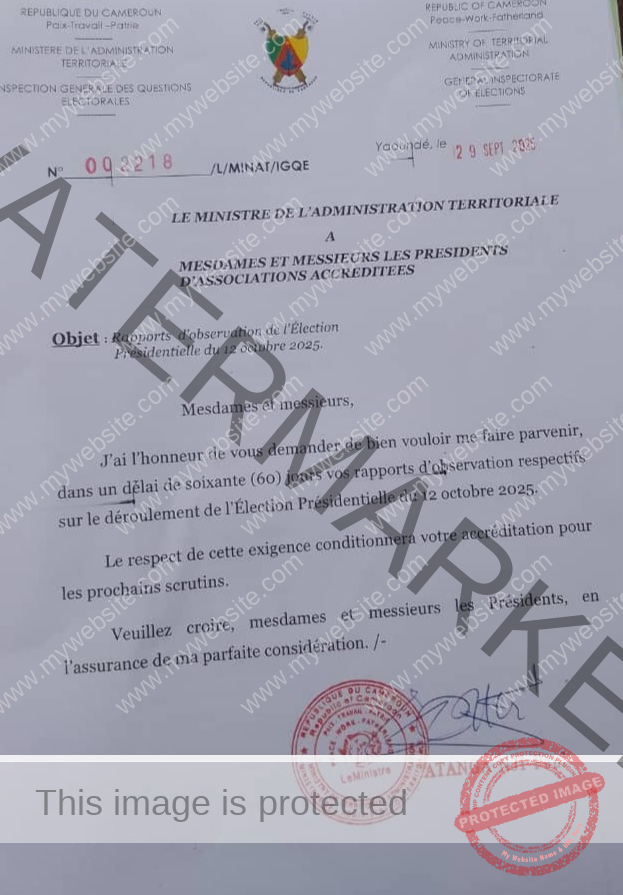
In genuine democracies, most free and fair elections are declared within days. Results are announced quickly and transparently, under the watch of credible observers. Here, however, the 60-day delay is designed to buy time: time to cover up fraud, settle internal power struggles, adjust figures, and ensure that all key regime actors agree on the outcome.
Meanwhile, there has been no mention of the United Nations Secretariat, which the regime courted to lend an air of international legitimacy to these elections. The government even invited Ms. Amina Mohamed, the UN Deputy Secretary-General, to Yaoundé for a photo opportunity — reportedly with financial inducements attached — all in the name of promising “free and fair elections.”
If the UN Secretariat does not endorse national elections, as it often claims, why did the Deputy Secretary-General attend at all? Why didn’t the UN simply issue a clear statement about its position and save the cost of a symbolic visit?
Once again, we are witnessing the quiet complicity of the UN, which often plays along with authoritarian regimes under the cover of “diplomatic neutrality.” There has been no follow-up, no public response, and no accountability.
And we all know what happens next. Britain and France will issue mild statements, perhaps expressing “concern” or noting “some irregularities.” Then, as always, they will accept the results and return to business as usual. A few press releases, a handshake behind closed doors, and the cycle continues.
Behind the talk of “democracy” and “national sovereignty” lies a carefully staged performance involving handpicked “observers,” party loyalists, foreign enablers, and security forces — all working to keep power firmly in the same hands. Neutrality cannot be manufactured through party appointments, photo ops, or diplomatic silence. It must be earned through independence, transparency, and balance.
Ambazonia, be the judge. We are no longer infants who need others to think for us. The Federal Republic of Southern Cameroons — Ambazonia — is taking note, and its national leadership has made its position clear: there will be no selections in Ambazonia.
The Independentist editorial desk













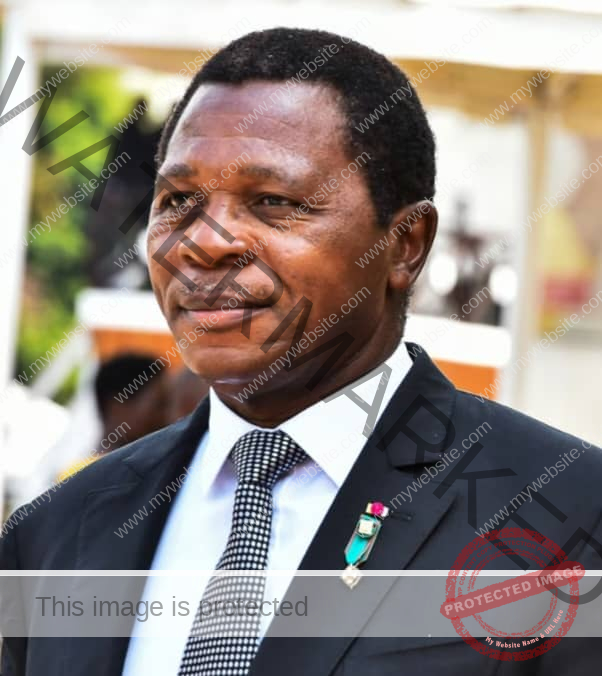
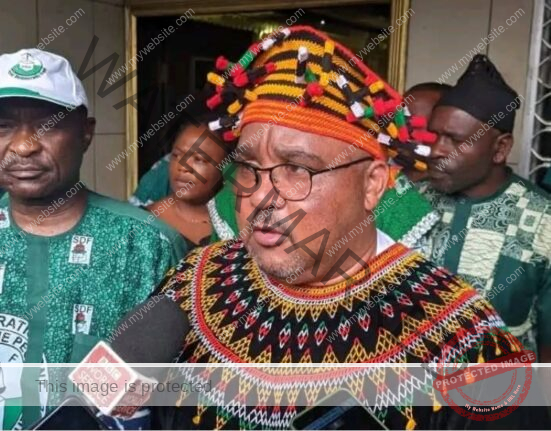
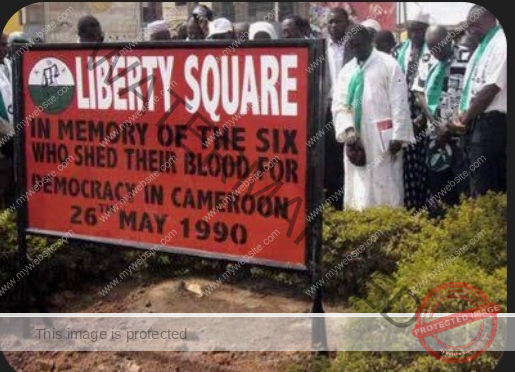
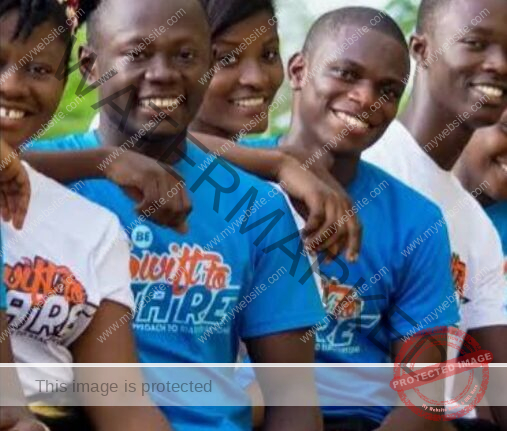

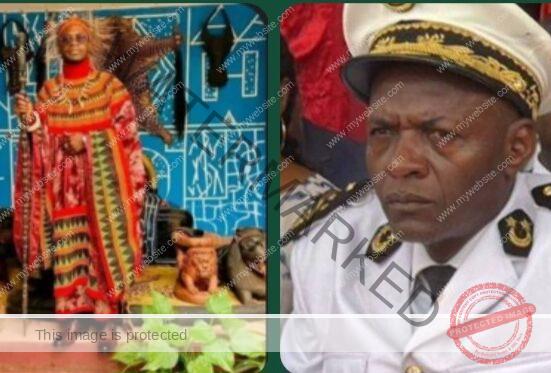
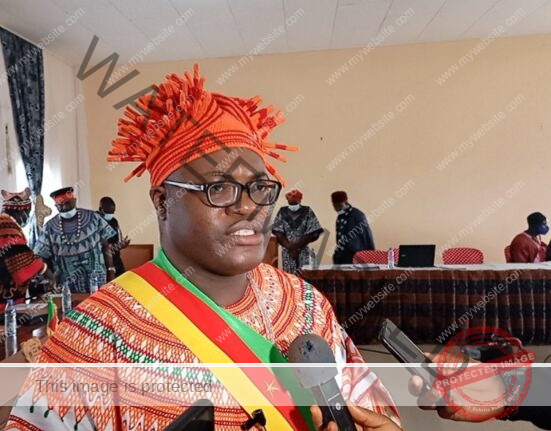

Leave feedback about this